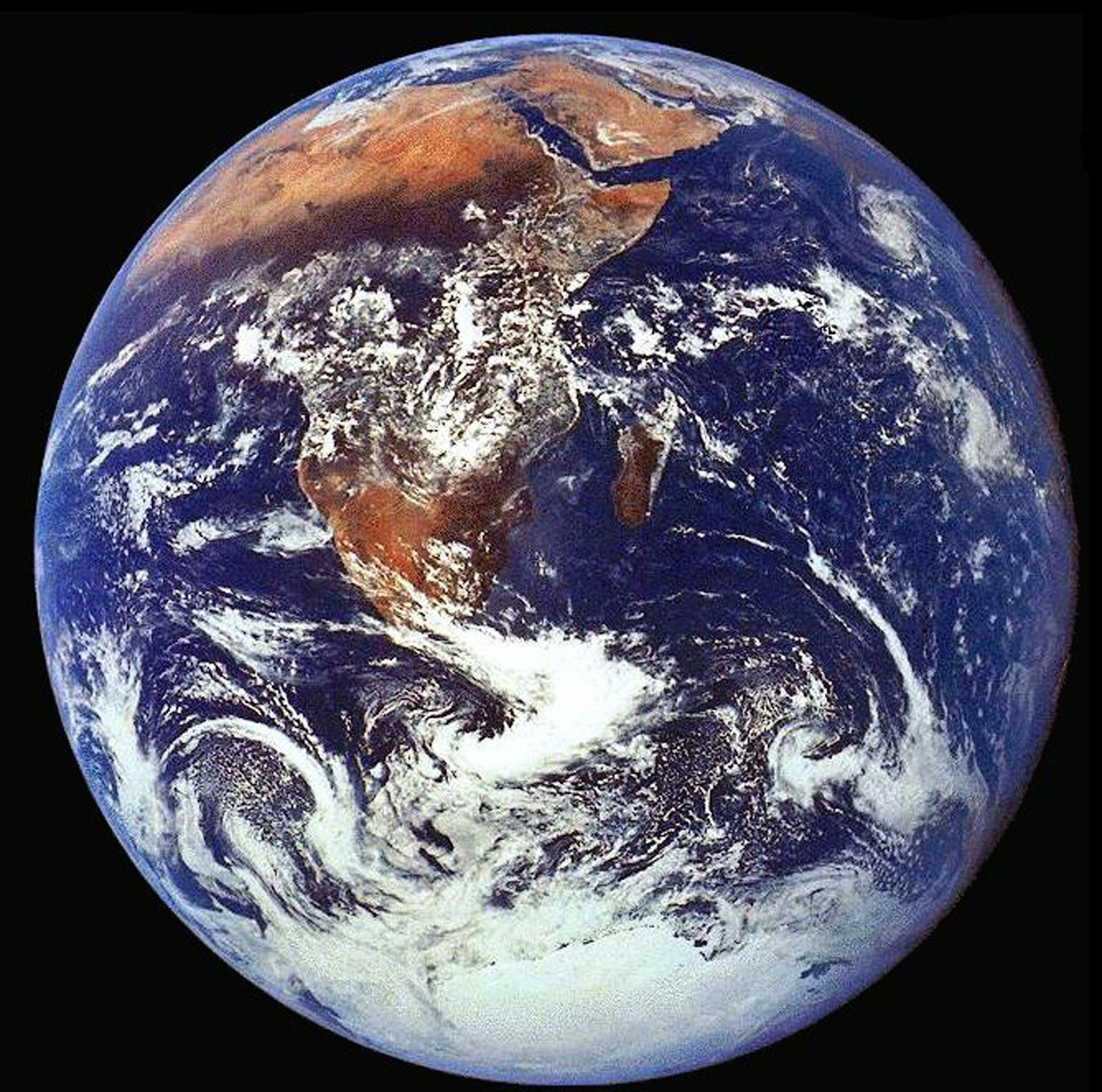
Up to about half of the water on our planet is older than the sun, according to a paper published on Thursday in the journal Science.
While you next take a sip, ponder this, too: the fact that Earth’s water is so old bodes well for our hunt for wet environments — and, for life — elsewhere in the universe.
Life on Earth owes everything to the presence of liquid water here, but, even so, scientists don’t have definitive answers for how or when the water got here — or, for that matter, when the water itself was formed.
The new research seeks to answer that last question: Was our water made before the sun existed, brewed in the same cloud of dust from which the sun would form? Or did water come later, forming as the Earth also formed?
As the Washington Post explains, during the sun’s birth a band of unused space dust gathered like skirt hems around it. Such material, called the protoplanetary disk, would go on to form the solar system’s planets.
Scientists know that water accompanied the sun’s birth but wondered if it might have been destroyed in the process of the sun’s formation, leaving Earth to go it alone in stirring up its own water.
To find out if the water from that dust cloud made it to Earth, researchers measured the ratio of deuterium, or heavy hydrogen to hydrogen. The findings show that heavy hydrogen levels on Earth are higher than they would have been in the protoplanetary disk. That means that some of our water must predate the sun, when heavy hydrogen was in abundance.
So, if water can survive a star’s birthing process, and if other solar systems in the universe formed much like ours did, that means that water might be a common ingredient in the making of other planets far from our own.
“By identifying the ancient heritage of Earth’s water, we can see that the way in which our solar system was formed will not be unique, and that exoplanets will form in environments with abundant water,” said Tim Harries, a professor at the University of Exeter’s Physics and Astronomy Department, in England, and an author of the paper, in a statement.
“Consequently,” he said, “it raises the possibility that some exoplanets could house the right conditions, and water resources, for life to evolve.”
Last spring, scientists announced that there could be up to 11 billion exoplanets — planets outside or solar system — that are at just the right distance from their stars to have liquid water, and, perhaps, life as well.
More Must-Reads from TIME
- Cybersecurity Experts Are Sounding the Alarm on DOGE
- Meet the 2025 Women of the Year
- The Harsh Truth About Disability Inclusion
- Why Do More Young Adults Have Cancer?
- Colman Domingo Leads With Radical Love
- How to Get Better at Doing Things Alone
- Michelle Zauner Stares Down the Darkness
Write to Elizabeth Barber at elizabeth.barber@timeasia.com